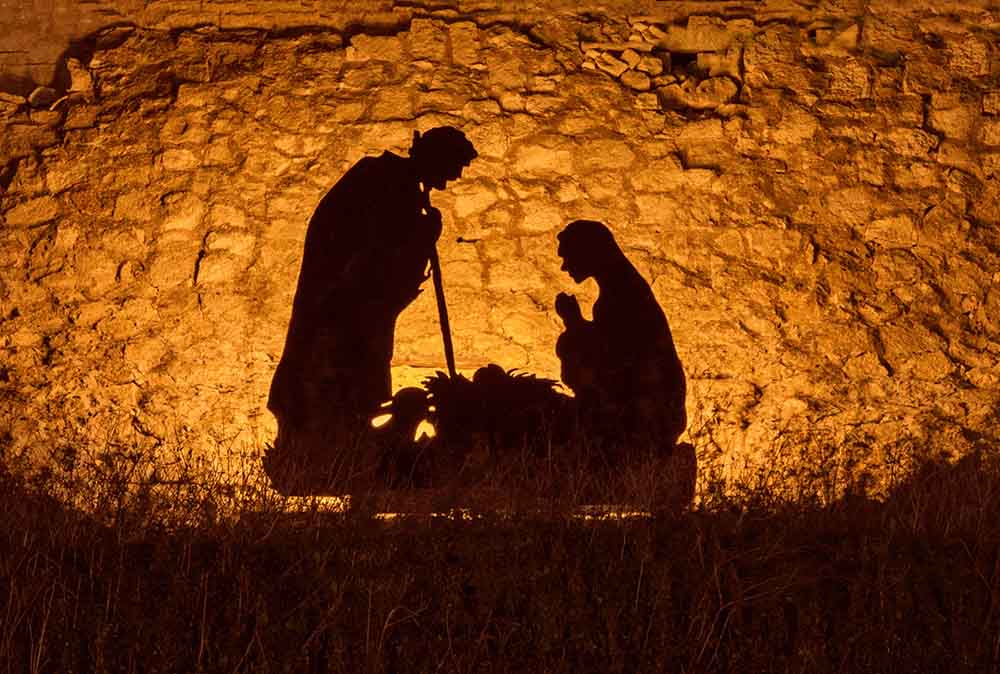No Results Found
The page you requested could not be found. Try refining your search, or use the navigation above to locate the post.


St Patrick’s, Kenmare
SUNDAY, 24 DECEMBER 2023 AT 12:00


St Patricks Kenmare
SUNDAY, 17 DECEMBER 2023 AT 12:00


Through the past weeks, the readings from Matthew’s Gospel have concentrated on Jesus teaching, healing and explaining the Kingdom of Heaven in parables. The Sower. The mustard seed. Treasure in a field, a pearl of great price. Each one being more direct in its message. Refusal of the invitation to the great banquet. The last first, the first last. As Jesus speaks, the Pharisees and elders of the Temple become more and more angry. They realise that the message of His teaching undermines their authority within the religious hierarchy, with their self-importance exposed as being more important to them than their religious responsibilities.
He speaks to them even more directly and denounces them as blind guides who offer no leadership. He talks about the entrance of the bridegroom, the return of the landowner – and now, as if what He has said before wasn’t bad enough, with barely-disguised criticism He reminds them that their pious hypocrisy isn’t going to be the passport to Paradise they imagine it is. Unless their actions result in the service of the people they lead, they will never enter the Kingdom. Their falsehood is emphasised in the light of their knowledge of their responsibilities They know what they should do. But they don’t do it. It is the ones who do God’s work, who serve without expecting any reward who will receive eternal life in the Kingdom.
It’s no wonder the Pharisees start making plans to get rid of Him.
Previous Posts
The page you requested could not be found. Try refining your search, or use the navigation above to locate the post.


Church of the Transfiguration, Sneem
SUNDAY 24TH DECEMBER 2023 AT 10:00


Q. Can you play the trumpet?
A. No
Q. Have you ever tried to play the trumpet?
A. No
Q. So how do you know you can’t play the trumpet?
Most of us know the passage well, and we have probably heard many sermons that remind us that we must use the gifts God has given to us. Whatever gifts and whatever level we are blessed with, there is a role for them in God’s plan.
The standard sermon continues by telling us that it’s not good enough just to use them – we must develop them – just as the trustworthy slaves invested the talents they were given. No point on having gifts if they aren’t used.
This saying is true and worthy of full acceptance, to paraphrase 1 Timothy.
But the Gospel message doesn’t end there.
It might not be the trumpet. Or the Clarinet. A Trombone, Double Bass, a singing voice. It may not be music at all. If not, there are many other skills you may have been given that you are not yet aware of: artistic talent, hospitality, compassion, intercession, forgiveness, unconditional love. There will be some. And I challenge you to think, pray and try to find out what they are.
Previous Posts
The page you requested could not be found. Try refining your search, or use the navigation above to locate the post.